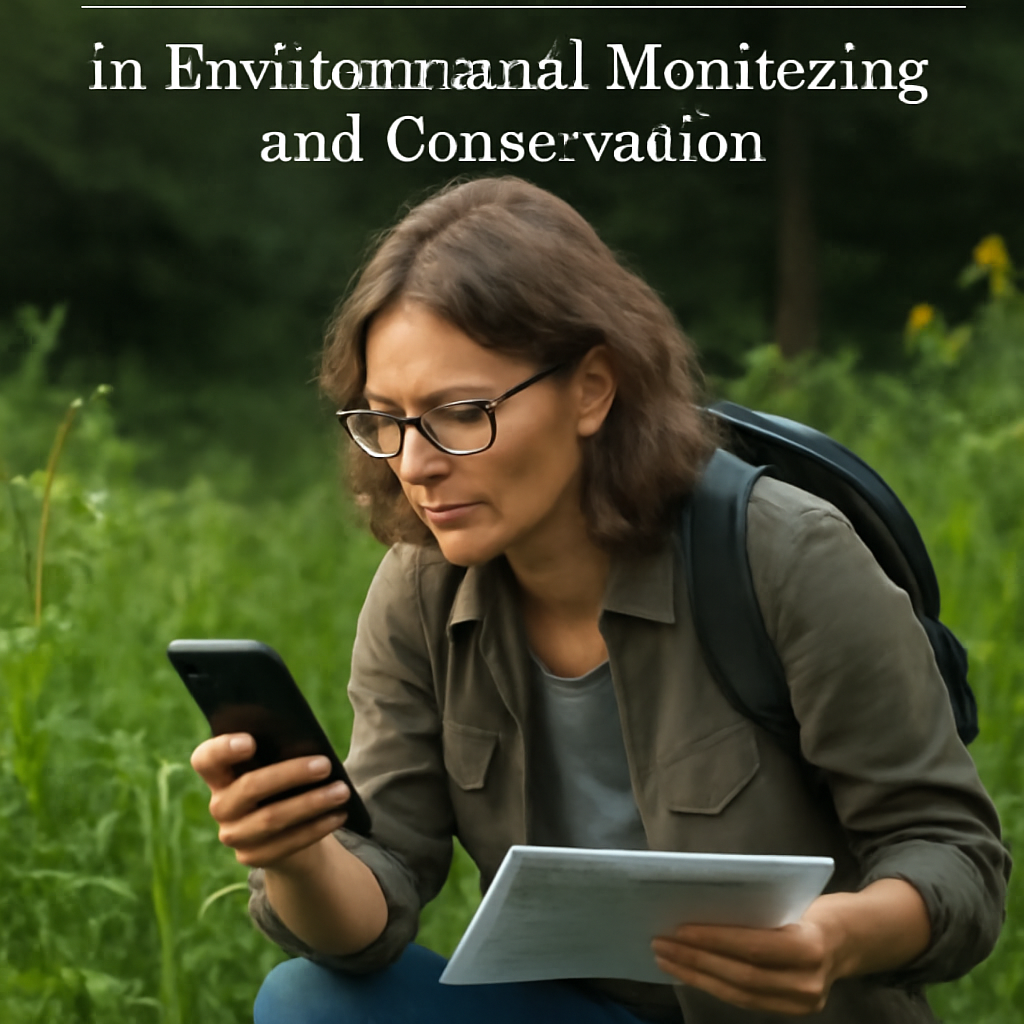Location
Mount Vernon, WA 98274
Location
Mount Vernon, WA 98274

Citizen scientists are increasingly becoming vital players in environmental monitoring and conservation efforts. By engaging everyday people in data collection, researchers are gaining valuable insights into biodiversity and ecosystem health.
In an era where biodiversity is under unprecedented threat from climate change, habitat destruction, and pollution, citizen scientists are stepping up as essential allies in the fight for environmental preservation. These dedicated volunteers contribute to a wide range of projects, from bird counts to amphibian monitoring, leveraging their local knowledge to provide researchers with crucial data.
Recent studies have shown that citizen science initiatives can lead to significant advancements in understanding local ecosystems. For instance, the Great Backyard Bird Count, which encourages people to count birds in their backyards, has not only fostered a love for nature among participants but has also generated invaluable data on bird populations across North America. This data is instrumental in tracking shifts in species distribution related to climate change.
Additionally, platforms like iNaturalist allow users to document and share their observations of flora and fauna, contributing to a global database that aids researchers in monitoring biodiversity. By simply taking a photo of a plant or an animal and uploading it, citizen scientists help build a comprehensive picture of ecological health.
Furthermore, the role of citizen scientists extends beyond mere observation. They are actively involved in conservation efforts, such as habitat restoration and species reintroduction programs. Projects like Coastal Cleanup Day mobilize thousands of volunteers to remove trash from beaches, directly impacting marine ecosystems. This grassroots involvement not only fosters community spirit but also raises awareness about the importance of protecting natural habitats.
However, the impact of citizen science is not without challenges. Data quality can be variable, and ensuring that volunteers are adequately trained and informed is essential for maximizing the accuracy of the information collected. Researchers are increasingly investing in training programs and resources to empower citizen scientists and ensure their contributions are meaningful.
As we navigate the complexities of environmental conservation, the collaboration between professional scientists and citizen scientists offers a promising avenue for addressing biodiversity loss. By harnessing the passion and local knowledge of everyday people, we can create a more comprehensive understanding of our ecosystems and develop effective strategies for their protection.
In conclusion, the rise of citizen science illustrates the power of community engagement in environmental conservation. As we face mounting ecological challenges, the collective efforts of individuals can lead to impactful change, turning observers into guardians of our planet’s biodiversity.